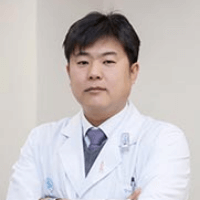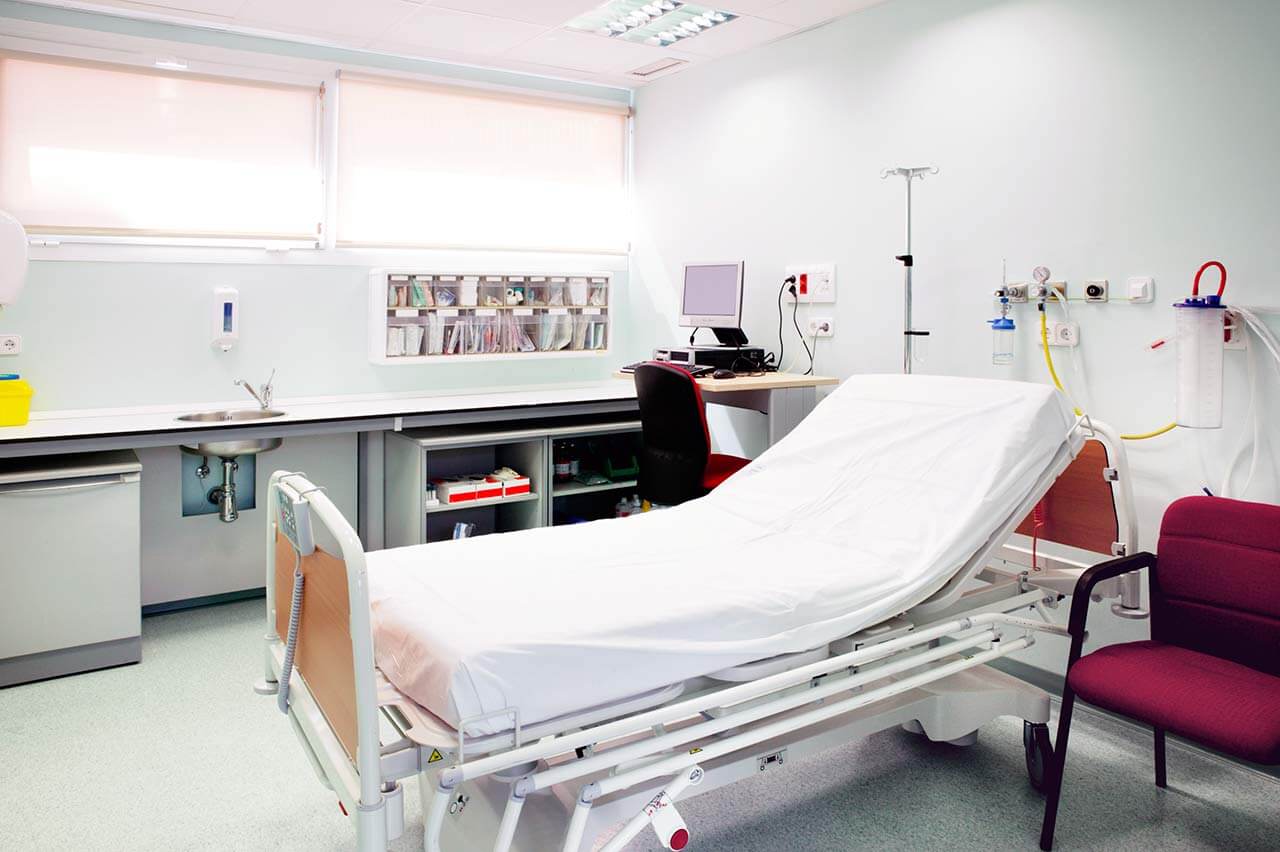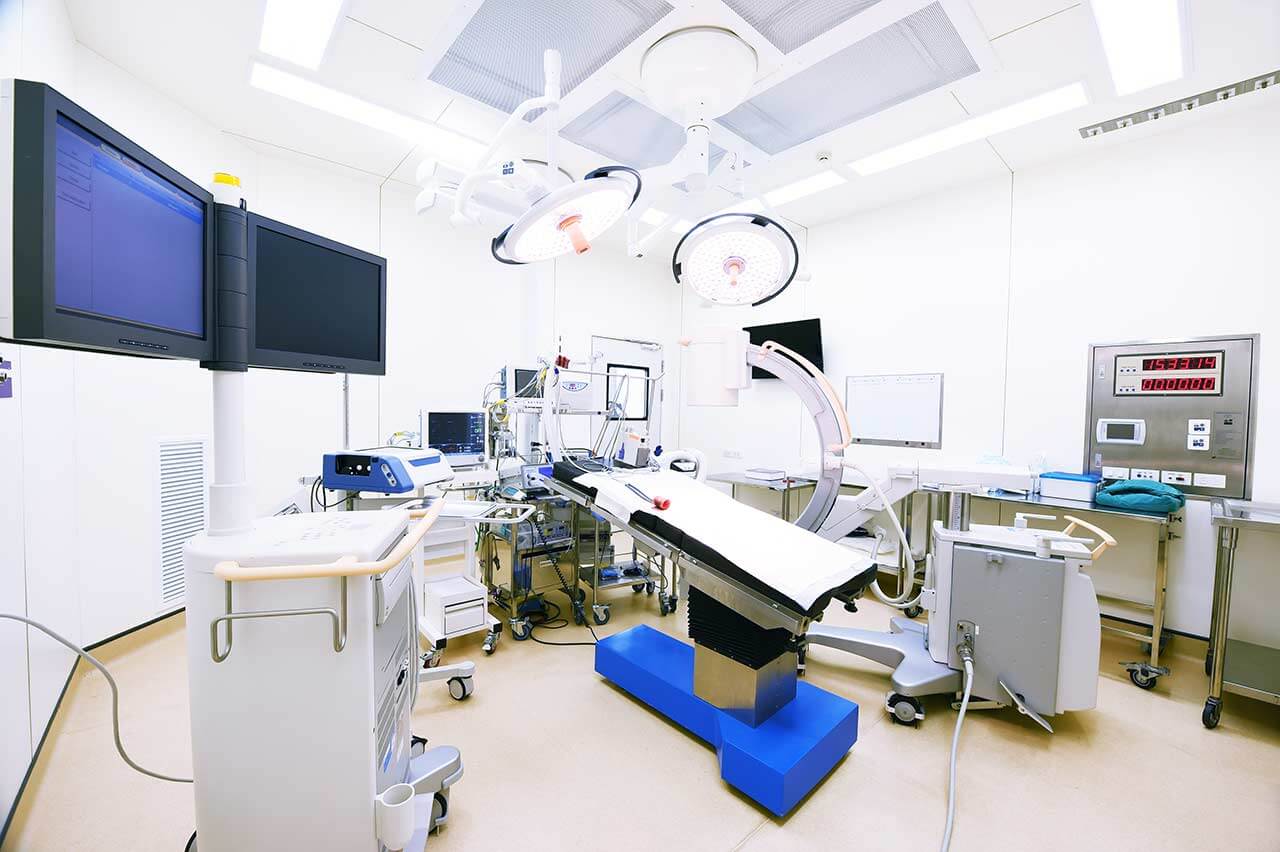
The program includes:
- Initial presentation in the clinic
- clinical history taking
- review of medical records
- physical examination
- laboratory tests:
- complete blood count
- general urine analysis
- biochemical analysis of blood
- inflammation indicators (CRP, ESR)
- indicators blood coagulation
- tumor marker
- ultrasound pelvic and abdominal
- preoperative care
- radioactive seeds implantation
- symptomatic treatment
- control examinations
- the cost of essential medicines and materials
- nursing services
- explanation of future recommendations
Required documents
- Medical records
- MRI/CT scan (not older than 3 months)
- Biopsy results (if available)
Service
You may also book:
 BookingHealth Price from:
BookingHealth Price from:
About the department
The Department of Radiation Oncology at the Asan Medical Center applies ionizing radiation to treat diseases, especially cancers. For instance, radiotherapy is used in treatment of the cancers of lung, stomach, esophagus, liver, breast, various urologic and gynecologic cancers, etc. Radiation therapy may be used alone or in combination with surgery, chemotherapy and/or biologic therapy to cure or alleviate cancer. The department is headed by Dr. Su Ssan Kim.
Radiation therapy can be applied against cancers that occur in almost any area of the body - the central nervous system, head and neck, thorax, gastrointestinal system, genitourinary system, gynecology, hematology, bone and soft tissue, pediatric, metastasis, etc. Occasionally, radiation therapy may also be applied non cancerous conditions such as thyroid-associated orbitopathy, hypertrophic scar, arterio-venous malformation, heterotopic ossification, etc.
Committed to the practice of evidence-based medicine, the Cancer Center team is continually finding new and better treatment options to improve the treatment outcomes of cancer patients.
Main areas of radiation oncology:
- Lung cancer
- Stomach cancer
- Esophageal cancer
- Colorectal cancer
- Breast cancer
- Liver cancer
- Head and neck cancer
- Gynecologic cancer
- Biliary tract and pancreatic cancer
- Urologic cancer
- Bone and soft tissue sarcoma
- Skin cancer
- Pituitary disorders
- And other diseases
Curriculum vitae
Education
- Doctor of Medicine, University of Ulsan.
- Master of Medicine, Seoul National University.
- Bachelor of Medicine, Seoul National University.
Major Professional Experiences
- Assist Professor in Radiation Oncology, UUCM AMC.
- Clinical Instructor in Radiation Oncology, UUCM AMC.
- Clinical Instructor in Radiation Oncology, Hallym University medical center.
- Fellowship in Radiation Oncology, Hallym University medical center.
- Residency in Radiation Oncology, UUCM AMC.
- Internship in Seoul National University Hospital.
Photo of the doctor: (c) Asan Medical Center
About hospital
Asan Medical Center is Korea’s largest medical institution, with 1,600 physicians and surgeons, 3,100 nurses, 2,680 beds, and 67 operating rooms, occupying more than four million square feet (about 371,600 square meters). A typical day at AMC sees 2,500 inpatients and 10,000 outpatients treated. The center specializes in treatment of heart diseases, cancer, digestive diseases, health screening and promoting as well as organ transplantation which is carried out within the corresponding centers of excellence.
In addition to the five above mentioned centers of excellence, the center also specializes in orthopedics (95 percent success rate for hip and knee replacements), treatment of Infectious diseases caused by microorganisms (bacteria, viruses, parasites, and fungi). The center occupies the first positions in the field of oral and maxillofacial surgeries (Department of Dentistry) and implantology. Apart from that, Asan’s Department of Reproductive Medicine and the Infertility Clinic work together as world leaders in assisted reproductive technologies. The Department of Plastic Surgery and the Asan Aesthetic Center offers a broad range of reconstructive and cosmetic surgeries.
Consistent pursuit of cutting-edge medical technology and devotion to patient-centered care has brought AMC many honors and awards. Perhaps its most prestigious honor is being named Korea’s Most Admired Hospital for five consecutive years (2007–2011) by the Korea Management Association Consulting. The Ministry of Health, Welfare, and Family Affairs repeatedly recognized Asan as a Highest Quality of Care Hospital, and in 2009 granted it the Grand Award for Korean Medical Travel, as a hospital well prepared for international patients.
Photo: (с) depositphotos
Accommodation in hospital
Patients rooms
Asan offers five different types of rooms, from budget-conscious multibed units up to VIP suites. All rooms include:
- electronically adjustable beds
- personal nurse call system
- bedside patient-controlled room light and TV
- individual cable TV including Korean, English, and foreign-language programming
- guest chair
- personal telephone for local and international calls
Meals and Menus
Asan also provides patients and visitors with a broad range of gastronomic offerings. The restaurants of the medical center serve Korean, Western, Japanese and Chinese cuisine.
Further details
Standard rooms include:




